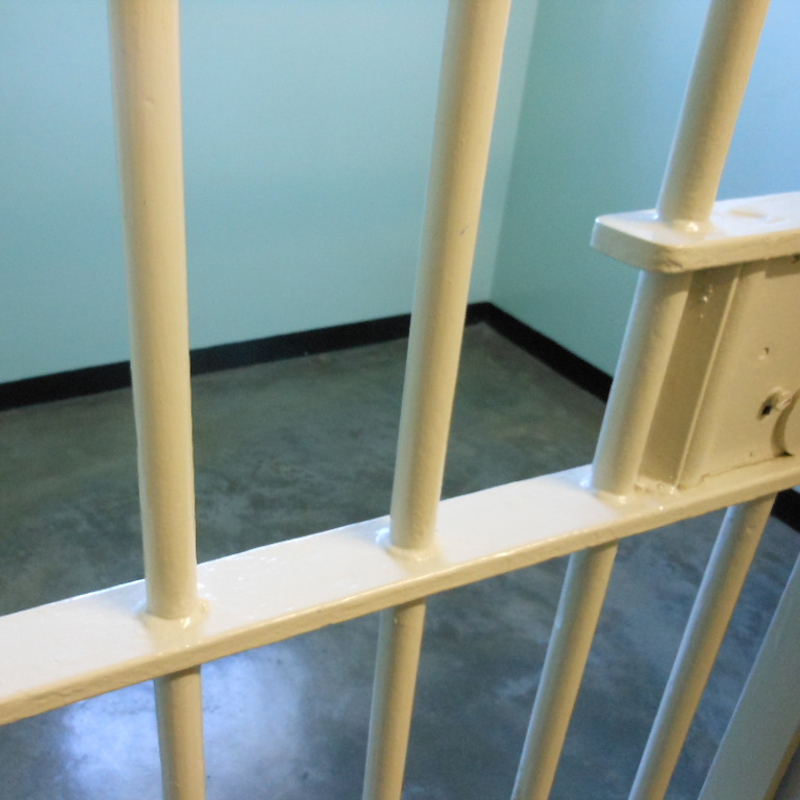More than 5 million children in the United States have had a parent who lived with them go to jail or prison.
This staggering statistic comes from a recent report by ChildTrends.org. And unfortunately, it has serious consequences for the kids involved.
Based on the National Survey of Children’s Health, researchers discovered that children of an incarcerated parent are more likely to face difficulties in their school lives. They are at an increased risk for repeating grade levels or to having a parent called in to talk about problems in school. Parents also reported lower school engagement.
Research has linked parental incarceration to childhood health problems including asthma, depression, and anxiety; acting-out behavior; grade retention; stigma; and, in adulthood, an increased likelihood of poor mental or physical health.
Having an imprisoned parent had other negative consequences outside of school, too. It was associated with parental divorce, frequent economic hardship and living with a person who had a substance abuse problem. Although these weren’t direct cause-and-effect relationships, the research shows it’s clear these kids need close attention and outside help.
Parents and other caregivers can help kids cope with a parent going to prison, too. Here are a few simple steps that can mean a lot during this difficult time:
Explain what happened. Sit down with your children during a quiet time and explain to them at an age-appropriate level why mommy or daddy is in jail. Details don’t necessarily need to be shared, just that a parent broke the rules and now they are in a long time-out.
Provide stability. So much in a child’s life can change when a parent is incarcerated, even where they live. Keeping promises and sticking to a routine can go a long way in reassuring kids their lives won’t be turned upside down again.
Help keep kids in contact. Children need contact with parents. So if it is safe and possible, it can be beneficial for the other parent or another caregiver to take the time or spend the money in order to maintain this relationship.
And how can we, as a society, help kids affected by parental incarceration?
- One of the first places that can help these children are schools, according to this follow-up article from ChildTrends.org, Whether it is in the form of extra support or monitoring progress, schools could provide services and counseling in order to identify and help kids.
- Another way kids can be helped is by promoting policies that help incarcerated parents keep in contact with their children. Something as simple as a phone call could be a financial burden for some families, which could be remedied by providing access to video conferencing or even just by reducing calling rates rates to family.
- Because visits to jails or prisons can be a traumatic experience, supporting programs that make family visitations more child-friendly is also a must. Simple things like toys in the waiting room, friendly meeting rooms and security that is more streamlined can go a long way in making the experience less intimidating for children.
犀利士
Looking for local, state and national organizations dedicated to helping families with incarcerated parents? Click here for a directory of programs serving children and families of the incarcerated.
